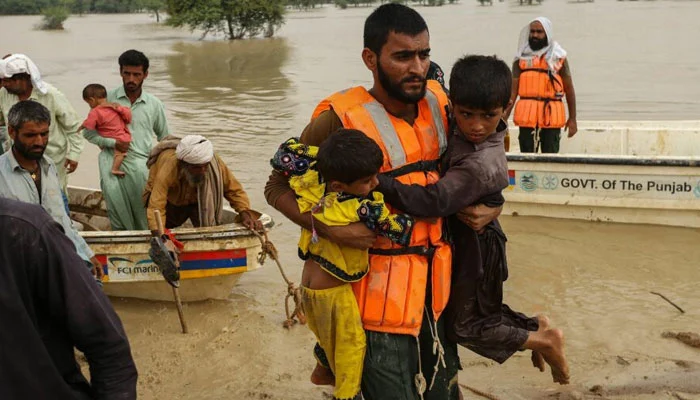On Saturday, the Chief Risk Officers and banking managers from 26 commercial banks, alongside the executive team of the State Bank of Pakistan, convened to delve into the intricacies of the Financial Finance Guide International (FFGI) methodology.
This methodology serves as a comprehensive framework for evaluating financial institutions’ sustainability practices across 21 key themes. While Pakistani financial institutions are making strides in aligning with environmental, social, and governance (ESG) criteria, their current policies lack clarity on addressing ESG-related risks in accordance with international standards set by the FFGI methodology.
Notably, Pakistani commercial banks exhibit gaps in both the content and scope of their policy commitments concerning internal operations and investments. The primary aim of the gathering was to urge financial institutions to disclose their policies and establish measurable due diligence protocols for the companies they invest in, thereby fostering transparency.
Such transparency serves to inform depositors about how their funds contribute to Pakistan’s environmental and economic landscape. The meeting, facilitated by Fair Finance Pakistan—a member of Fair Finance Asia and Fair Finance International—aimed to bolster the commitment of Pakistani financial institutions to uphold social, environmental, and human rights standards.
The FFGI methodology, operational in 36 countries across Asia, Europe, and Latin America, draws upon over 422 international standards and criteria. These include the Equator Principles, International Labour Organization guidelines, Organization for Economic Cooperation and Development guidelines, and UN Guiding Principles on Business and Human Rights. These standards are utilized to assess financial institutions across various themes, such as corruption, nature conservation, climate change, and gender equality, all of which are publicly available.
In essence, the FFGI methodology meticulously evaluates whether financial institutions have actionable plans and robust due diligence processes in place for their investee companies. This includes assessing whether these institutions have checklists to gauge fair tax practices, compliance with income tax requirements, and adherence to minimum wage regulations in labor practices.
Furthermore, the methodology scrutinizes financial institutions’ efforts to enforce policies aimed at reducing emissions during production and adopting technologies to mitigate air pollution—an aspect where financial institutions play a pivotal role.
Representatives from both public and private sector banks, including HBL, Allied Bank, UBL, MCB, Meezan, National Bank of Pakistan, Askari Bank, Bank of Punjab, Sindh Bank, Standard Chartered, Samba, JS Bank, Al Barkah, Al Habib, Bank Alfalah, Bank Islami, Bank Makramah, Bank of Khyber, Dubai Islamic, Faysal Bank, First Women’s Bank, Habib Metropolitan, MCB Islamic Bank, Silk Bank, and Zarai Taraqiati Bank, were in attendance at the meeting.
